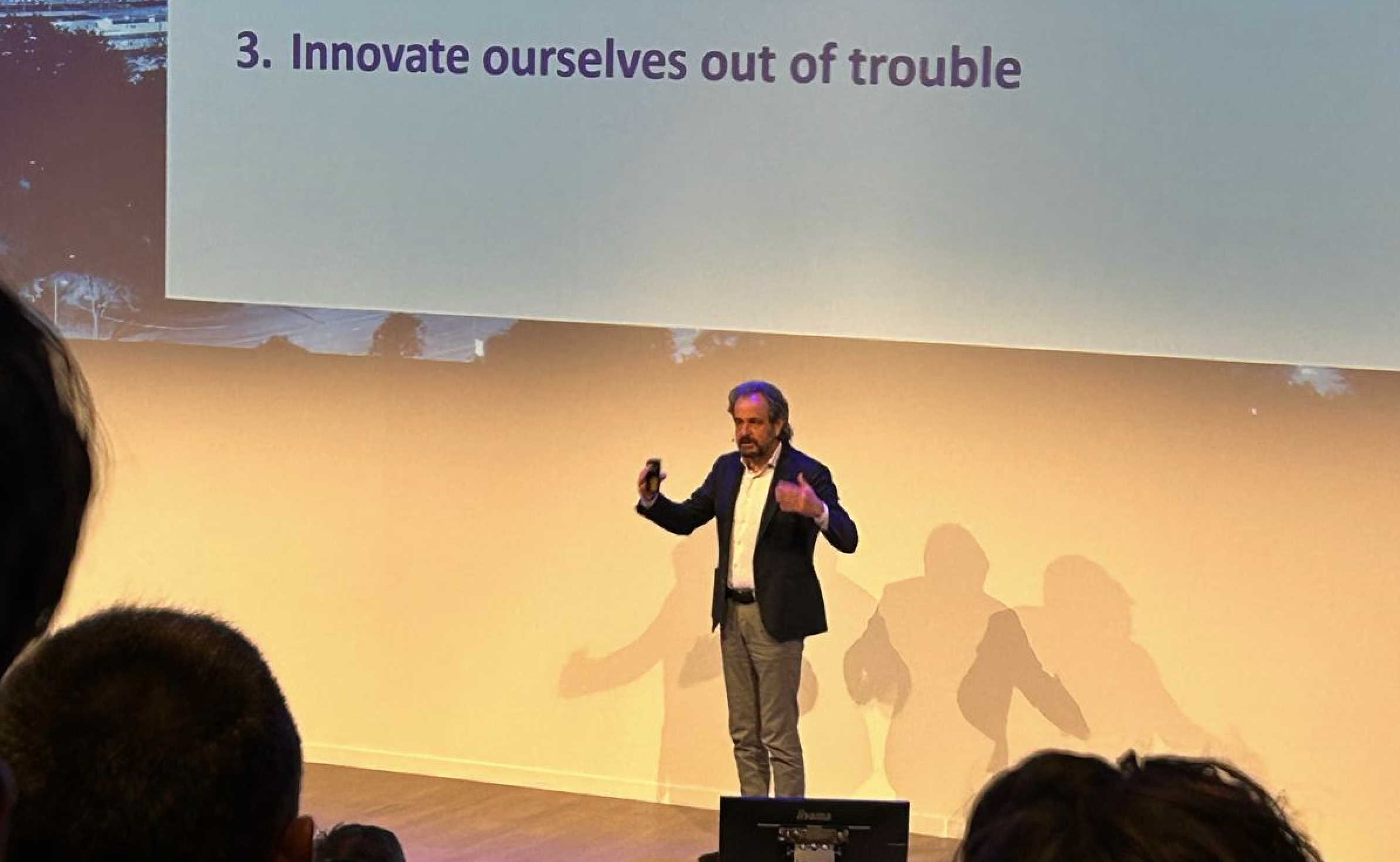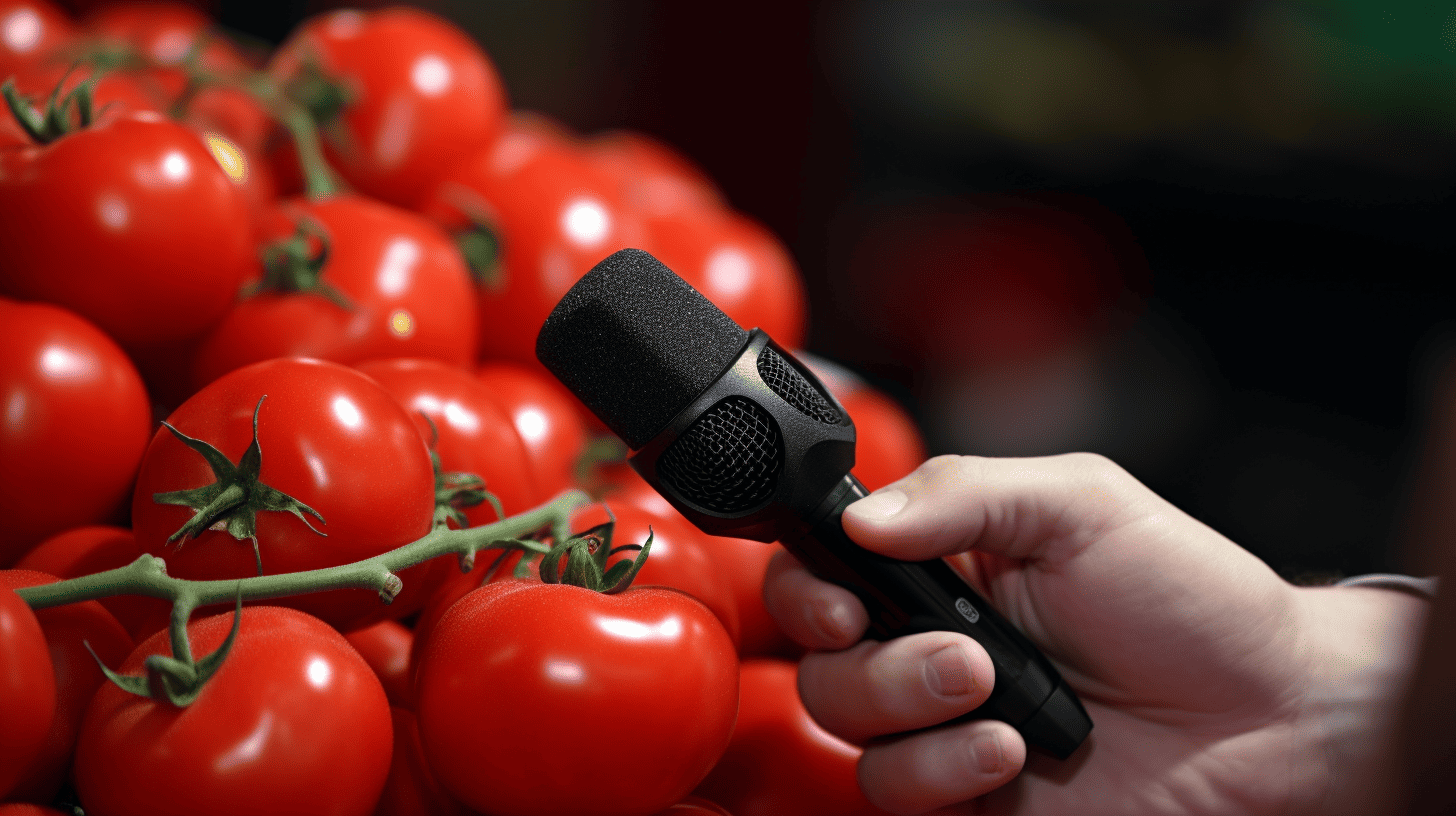
In a weekly column, alternately written by Lucien Engelen, Maarten Steinbuch, Carlo van de Weijer, Daan Kersten and Tessie Hartjes, E52 tries to find out what the future will look like. All five contributors are all working on technologies that can provide solutions to the problems of our time. This Sunday, it‘s Lucien Engelen’s turn.
Here are all the prior editions of [TOMORROW IS GOOD]
Hot news this week: The NS, the national railways of the Netherlands will reinvest in traditional flip boards for indicating train departure times, under pressure from complaining travelers. Because “people have trouble using the new digital screens”. I even wondered why those were necessary, now that apps provide much faster and more reliable information available on the smartphone. Hmm, not everyone has a smartphone, that’s right. But can we endlessly facilitate everybody…? It reminds me of a panel session I had five years ago where I debated with ANWB director Guido Van Woerkom about future mobility. He defended the roadside emergency telephones as an example of not-so-easy replaceable technology because tens of thousands of times a year they were still were used by people apparently without a telephone. The fact that every conversion cost about 100 Euro, about the price of a cheap phone with a subscription, eventually led to the unsustainable end of the charming form of road side pollution. You cannot endlessly facilitate the safe reference in fast changing times.
Some vigilance in technical progress is good. Any progress usually comes with a downside. ,
Some vigilance in technical progress is good. Any progress usually comes with a downside. When humans could ignite and control fire, they burned themselves, and later invented knife caused injuries. Within Singularity University there is a great deal of attention for this: how to use technology to, in the end, contribute positively to a better world. And all that against the light of exponential changes, propelled by Moore’s law: calculation power doubles every eighteen months. Although Gordon Moore was an employee of Intel, the foundation of Moore’s law lays in Brainport already for decades, now even more than before. Would his name have been Gordon Less, computers would have become twice as stupid every 18 months. We have escaped a disaster.
But back to the downside of technical progress. More recently, autonomous features that are increasingly installed in cars have led to accidents. Mainly because the rider tends to overestimate the technology and thereby too quickly moves his attention away from the road. Tesla reduced the self-propelled functionality recently because of that. But because autonomous features will sooner or later make the ride significantly safer, we must not let it block progress some point. New technologies come with new types of accidents. The introduction of the rubber inflatable tire was a giant improvement for braking performance and road holding of cars. But in the beginning, it also led to a new and dangerous phenomenon: a burst tire. Fortunately, that did not make us decide to go back to the wooden wheels.
And yes, those flip boards of the NS; They are most probably not worth the huge investment, but to be honest: I think I’m also going to enjoy that flipping sound from the past. The past, when everything was better, except the nostalgia…







